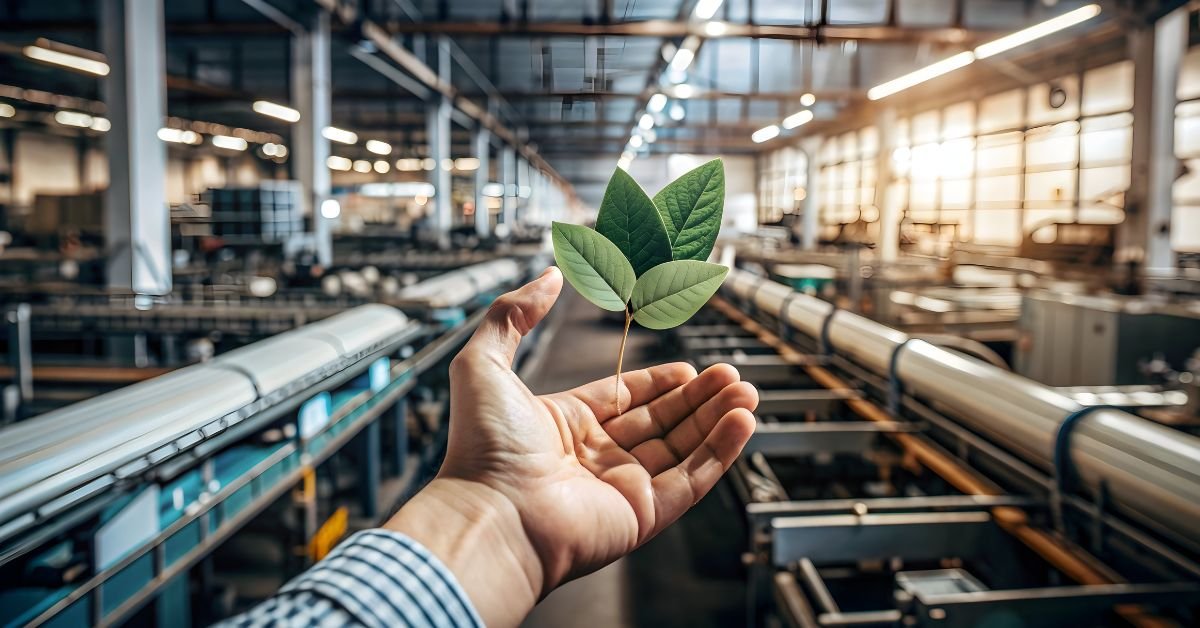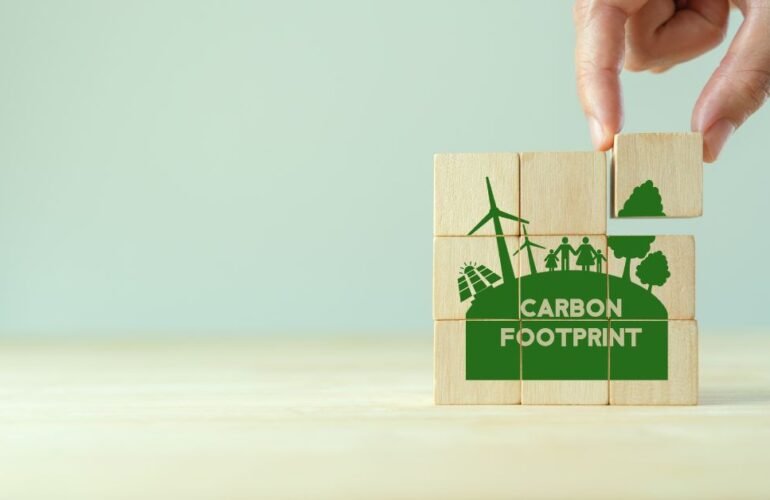Sustainability in Malaysia is increasingly prioritised, especially in manufacturing, which contributes about 23% of GDP and faces rising scrutiny over energy use and carbon emissions. The government and industry align with global ESG standards, promoting energy efficiency, waste reduction, and responsible sourcing. Tools like COSIRI help companies benchmark and improve sustainability practices, while targeted training programs build in-house ESG capabilities. These efforts balance economic growth, environmental stewardship, and global market access.
In 2023, Malaysia’s manufacturing sector accounted for approximately 23% of the nation’s Gross Domestic Product (GDP). It employed around 2.8 million individuals, as stated by Statista, underscoring its pivotal role in the country’s economic framework. However, with this economic influence comes an equally significant environmental footprint. Malaysia’s energy consumption per capita stood at 2.8 tons of oil equivalent, one of the highest in the region, and the country recorded 285 million metric tons of CO₂ emissions from energy use, the highest in a decade. As global supply chains evolve and ESG benchmarks tighten, manufacturing companies in Malaysia must confront a pressing reality: industrial growth must now be aligned with environmental stewardship.
Now, sustainability in Malaysia is addressed more seriously, and it is no longer about checking compliance boxes or satisfying CSR quotas. Today, it’s about transforming operations to mitigate ESG risks, unlock new efficiencies, and secure long-term market access. That’s where sustainability maturity comes into play.
If you’re curious about recent ESG trends and the importance of ESG for business growth in Malaysia, our post Rising ESG Investing Trends and Opportunities in Malaysia provides insights into what’s driving investor expectations and why now is the time for manufacturers to act.
What Is Sustainability Maturity in Manufacturing?
Sustainability maturity measures a company’s readiness and capability to manage ESG-related risks while embedding long-term sustainability strategies into its core operations. In manufacturing, this means going beyond surface-level greenwashing to deeply integrated processes prioritising energy efficiency, waste reduction, ethical labour practices, and sustainable sourcing.
This maturity is typically assessed through models that track a company’s evolution across defined stages from early awareness to advanced sustainability integration. These models enable companies to benchmark their progress, identify areas for improvement, and set strategic targets aligned with business objectives and global sustainability frameworks.
To help you decide which sustainability model or ESG framework aligns best with your manufacturing goals, check out our article, Six Major ESG Frameworks You Need to Know: Which One is Right for You? This guide compares global frameworks and can help you choose one that matches your industry needs.
Assessing sustainability maturity also involves understanding manufacturing processes’ environmental and social impact. Companies must examine their energy consumption, carbon emissions, waste generation, labour conditions, and supply chain ethics. This forms the basis for compliance with evolving regulations and standards, which are increasingly required by local authorities and global buyers who scrutinise ESG credentials before doing business.
Manufacturing leaders aiming to start or enhance their sustainability journey should refer to Malaysia’s ESG Certification Landscape: Standards and Certification Processes, which outlines the national benchmarks and phased steps for ESG readiness and recognition.
Using COSIRI As A Tool for Maturity Assessment
COSIRI serves as more than a diagnostic instrument; it is a strategic tool that enables manufacturers to:
Benchmark Performance:
Cosiri helps you to compare sustainability practices against industry standards to identify strengths and areas for improvement.
Align with Global Standards:
Ensure operations align with international sustainability frameworks, facilitating market access and compliance.
Drive Continuous Improvement:
Utilise assessment insights to implement targeted strategies for ongoing enhancement of sustainability practices.
The assessment process involves a comprehensive evaluation of up to 24 dimensions, providing a holistic view of a company’s sustainability maturity.
This structured approach allows organisations to transition from basic compliance to embedding sustainability into their core operations.
For manufacturers interested in leveraging digital solutions, our guide Leveraging Digital Technology for ESG Reporting to Meet Carbon Regulations and Sustainability Goals outlines practical ways technology can help meet carbon targets and simplify compliance.
Building In-House ESG Capabilities with AsiaESG and SHRDC
Recognising that effective sustainability practices require skilled personnel, SHRDC and AsiaESG offer tailored training programs to build in-house ESG capabilities. This partnership focuses on awareness and enabling tangible progress through structured programs and HRD Corp-claimable ESG training by AsiaESG’s Partner, Nusan, making it easier for companies to invest in their teams without heavy financial burdens. SHRDC and AsiaESG offer a clear pathway for companies to move from intention to action, bridging the gap between ESG rhetoric and actual business transformation.
Boosting your company’s ESG skills is essential for meaningful and credible reporting. Learn how to develop effective ESG reports and engage stakeholders with Malaysia’s Evolving ESG Report Creation.
Maturing Sustainability in Manufacturing Starts with One Step
Achieving sustainability maturity in manufacturing is not an overnight transformation. It requires a clear framework, strong partnerships, and a commitment to continuous improvement. Through the alliance between SHRDC and AsiaESG, Malaysian manufacturers can take that first step confidently and clearly.
If you want practical strategies for improving your ESG rating and competitive standing as a manufacturer, see How to Get a Good ESG Rating for Listed Companies in Malaysia.
This isn’t just about future-proofing your operations; it’s about staying relevant in a rapidly shifting global economy. So the question is: if the tools, training, and support are already available, what’s stopping your company from taking action?
For any enquiries or quotations about ESG Solutions, get in touch with our ESG Solutions department below:




